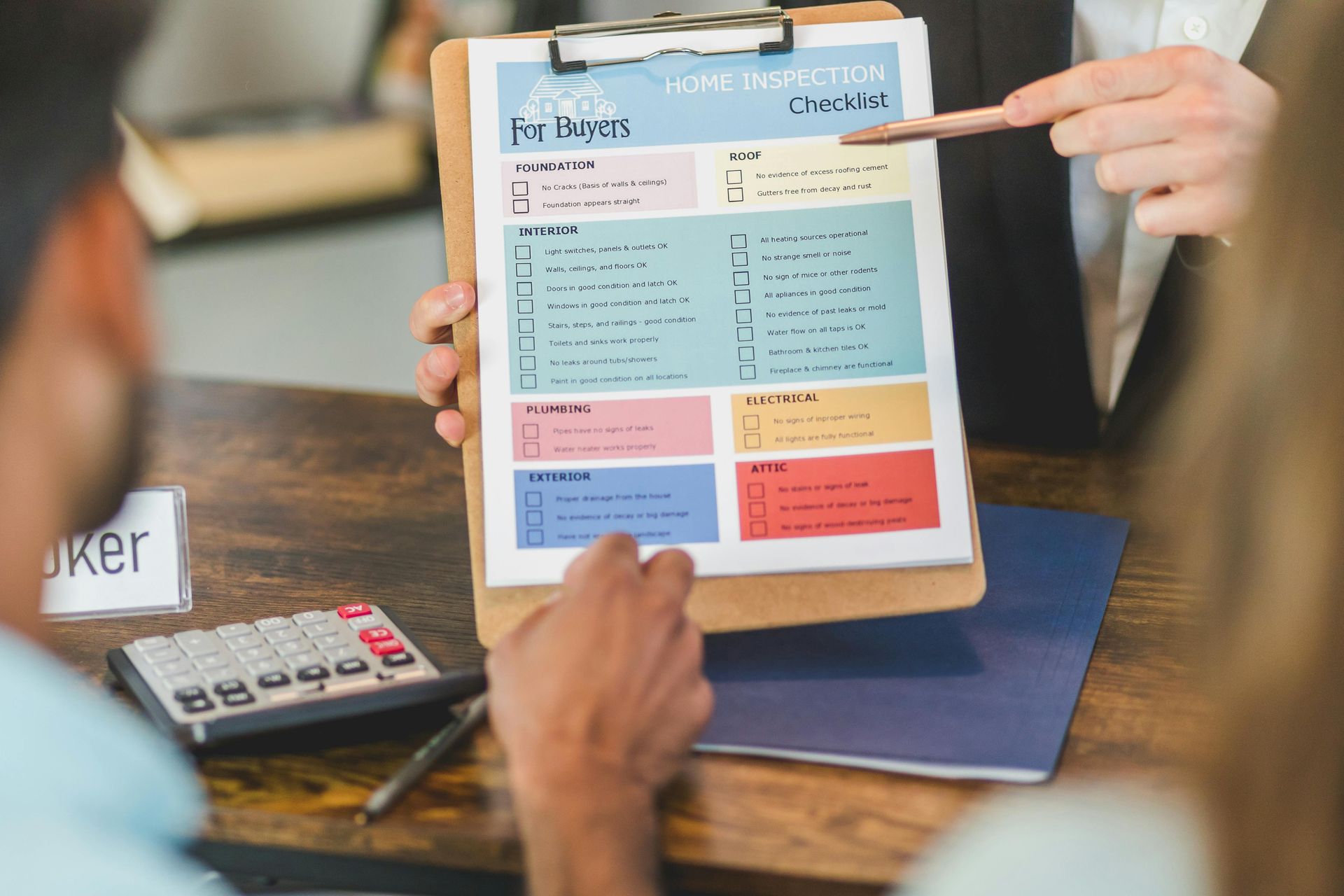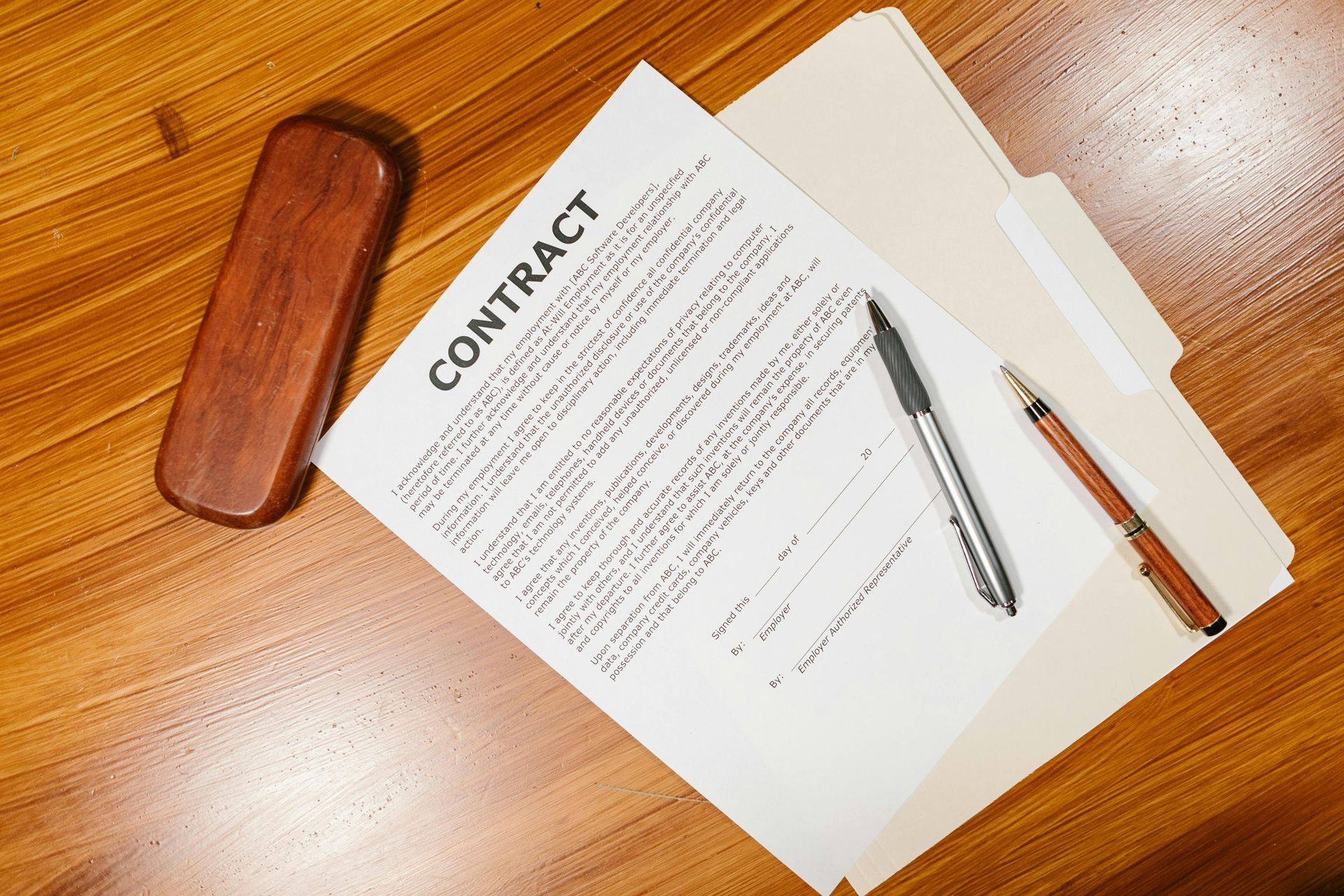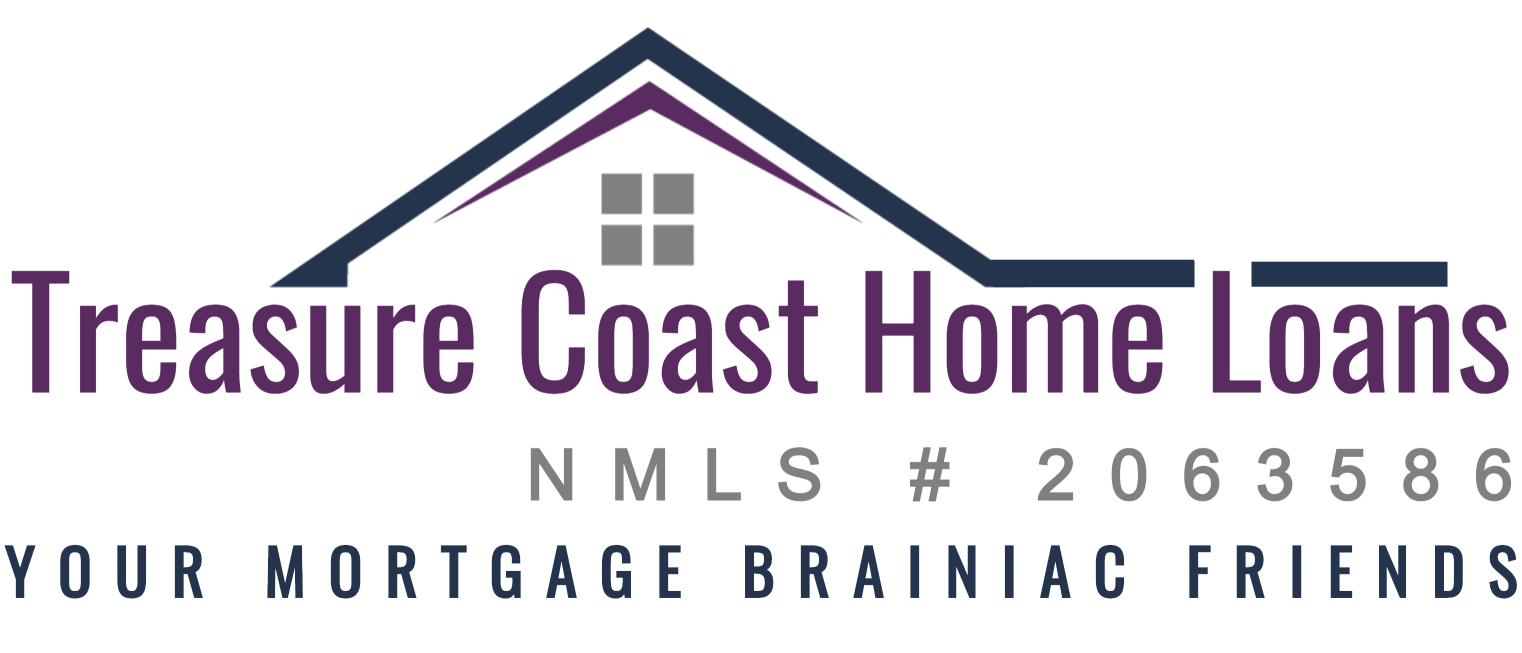Unlock Hidden Savings: How Refinancing Your Mortgage Could Save You Tens of Thousands in Interest
Transform your biggest monthly expense into your smartest financial move
Are you still paying the same mortgage rate you locked in years ago? If you’re like millions of homeowners, you might be sitting on a goldmine of potential savings without even knowing it. Mortgage refinancing isn’t just about lowering your monthly payment – it’s about fundamentally restructuring your largest debt to work better for your financial future.
In today’s evolving interest rate environment, understanding the true power of refinancing could be the difference between paying tens of thousands of dollars in unnecessary interest or keeping that money in your pocket. Let’s dive deep into how refinancing works, why the closing costs are actually an investment, and how to determine if refinancing is your ticket to significant long-term savings.

What Is Mortgage Refinancing and Why Should You Care?
Mortgage refinancing is essentially replacing your existing home loan with a new one, typically with better terms. Think of it as trading in your old mortgage for a newer, more efficient model. When you refinance, your new lender pays off your original mortgage, and you begin making payments on the new loan with updated terms, interest rates, and potentially different loan duration.
The primary motivations for refinancing include securing a lower interest rate, reducing monthly payments, changing loan terms, switching from an adjustable-rate to a fixed-rate mortgage, or accessing your home’s equity through a cash-out refinance. Each of these scenarios can dramatically impact your financial landscape.
The Mathematics of Savings: Understanding Interest Over Time
Here’s where refinancing becomes truly powerful. The beauty of mortgage refinancing lies in how even modest rate reductions can compound into massive savings over time. Your mortgage interest isn’t just a monthly expense – it’s a long-term financial commitment that can span decades.
When you secure a lower interest rate through refinancing, you’re not just saving money on your next payment. You’re reducing the total amount you’ll pay over the entire life of your loan. This is particularly significant because mortgage interest is front-loaded, meaning you pay more interest in the early years of your loan.
Every percentage point reduction in your interest rate translates to substantial monthly savings, which multiply dramatically over the years. The earlier in your mortgage term you refinance, the more pronounced these savings become, as you have more remaining payments to benefit from the lower rate.
Beyond Monthly Payments: The Complete Benefits Package
Lower Interest Rates Equal Massive Long-Term Savings
The most obvious benefit of refinancing is securing a lower interest rate. Even modest rate reductions can result in savings of hundreds of dollars monthly and tens of thousands over the loan’s lifetime. The impact becomes even more significant when you consider that every dollar saved in interest is a dollar that stays in your pocket rather than going to your lender.
Improved Cash Flow and Financial Flexibility
Lower monthly payments free up cash for other financial goals. That extra money each month could fund an emergency fund, boost retirement contributions, pay off high-interest debt, or support investment opportunities. This improved cash flow can accelerate your overall financial progress significantly and provide breathing room in your monthly budget.
Loan Term Optimization
Refinancing allows you to adjust your loan term strategically. You might refinance to a shorter-term mortgage, building equity faster and paying significantly less interest overall. Conversely, extending your term can lower monthly payments if cash flow is your priority. The choice depends on your current financial situation and long-term goals.
Eliminating Private Mortgage Insurance (PMI)
If your home has appreciated significantly since purchase, refinancing might allow you to eliminate private mortgage insurance. With sufficient equity in your home, you can remove this additional monthly expense, which can represent a meaningful portion of your monthly housing costs.
Converting from Adjustable to Fixed Rates
Homeowners with adjustable-rate mortgages can refinance to fixed-rate loans, providing payment predictability and protection against future rate increases. This stability is particularly valuable in uncertain economic environments and helps with long-term financial planning.
Cash-Out Refinancing: Accessing Your Home’s Equity
Cash-out refinancing deserves special attention as it serves dual purposes. This strategy involves refinancing for more than you owe and receiving the difference in cash. Homeowners often use these funds for home improvements, debt consolidation, education expenses, or investment opportunities.
The key advantage is accessing equity at mortgage rates, which are typically much lower than credit cards, personal loans, or other financing options. This can be particularly powerful for debt consolidation, potentially saving thousands in interest payments on high-rate consumer debt. However, you’re essentially borrowing against your home’s value, so careful consideration of risks and benefits is essential.
Understanding Refinancing Costs: An Investment Perspective
Many homeowners hesitate to refinance due to closing costs, which typically represent a percentage of the loan amount. However, viewing these costs as an investment rather than an expense changes the entire calculation and reveals the true value proposition of refinancing.
Breaking Down Typical Closing Costs
Refinancing costs generally include appraisal fees, loan origination fees, title insurance and search fees, credit report and processing fees, attorney fees where required, and recording fees and taxes that vary by location. While these costs might seem substantial upfront, they pale in comparison to the long-term savings potential.
The Investment Return Calculation
The key to understanding refinancing costs is calculating your break-even point and long-term return on investment. When you divide your total closing costs by your monthly savings, you get the number of months needed to recoup your investment. After that break-even period, every dollar saved flows directly to your bottom line.
This represents an outstanding return on investment. Few investment opportunities offer such predictable, guaranteed returns with minimal risk. The certainty of mortgage interest savings makes refinancing one of the most reliable wealth-building strategies available to homeowners.
When Refinancing Makes the Most Sense
Beyond Traditional Guidelines
While traditional wisdom suggested specific rate reduction thresholds, today’s market dynamics and competitive closing costs mean even smaller rate reductions can justify refinancing, particularly for larger loan amounts or longer remaining terms. The key is running the numbers for your specific situation.
Optimal Timing Considerations
Several factors influence refinancing timing. Interest rate environments obviously create opportunities, but your remaining loan term also matters significantly. More remaining years mean greater potential for cumulative savings. Increased home equity since your original purchase can improve rates and terms, while credit score improvements since your original loan can unlock better pricing.
Changes in your financial goals might also favor different loan structures. Perhaps you initially chose a longer term for lower payments, but now prefer to build equity faster with a shorter term.
Break-Even Analysis
Calculate your break-even point by dividing total closing costs by monthly savings. If you plan to stay in your home longer than the break-even period, refinancing likely makes financial sense. This simple calculation is your roadmap to understanding whether refinancing is right for your situation.
Common Refinancing Mistakes to Avoid
Extending Your Payoff Timeline Unnecessarily
While lower monthly payments are attractive, extending your loan term might increase total interest paid despite a lower rate. Consider your long-term financial goals when choosing new terms. Sometimes paying slightly more monthly to maintain your original payoff timeline maximizes your savings.
Ignoring All Costs
Some lenders advertise “no-cost” refinancing but roll expenses into your loan amount or charge higher interest rates to compensate. Evaluate the true cost of any refinancing offer by examining both upfront costs and long-term interest implications.
Timing the Market
Attempting to predict interest rate movements perfectly is futile. If refinancing makes sense with current rates, don’t wait for potentially better rates tomorrow. Interest rates are influenced by numerous economic factors beyond anyone’s control, and waiting might mean missing current opportunities.
Overlooking PMI Considerations
Ensure you understand private mortgage insurance implications, especially if you’re considering cash-out refinancing that might affect your equity position. Sometimes maintaining certain equity levels helps you avoid or eliminate PMI requirements.
The Application Process:
What to Expect Modern refinancing is more streamlined than ever, often taking several weeks from application to closing. You’ll need recent pay stubs, tax returns, bank statements, and property information. Many lenders offer digital document submission and processing, making the experience more convenient than traditional mortgage applications.
Consider working with an experienced mortgage broker who can compare multiple lenders and find the best terms for your specific situation. Their expertise can navigate complex scenarios and potentially save you thousands in better rates and terms while simplifying the process.
Making Your Decision: Key Questions to Ask
Before proceeding with refinancing, honestly answer these questions: How long do you plan to stay in your home? What are your primary financial goals? Are you comfortable with closing costs as an investment? Do you want to change your loan term or just the rate? Are you interested in accessing equity through cash-out refinancing?
Your answers will guide you toward the refinancing strategy that best aligns with your financial objectives and timeline.
The Opportunity Cost of Waiting
One often-overlooked aspect of refinancing decisions is opportunity cost. Every month you continue paying a higher interest rate is money that could have been saved or invested elsewhere. While it’s natural to want perfect timing, the cost of delaying a beneficial refinance often exceeds the risk of acting on current favorable conditions.
Consider that mortgage interest compounds over time, meaning delayed savings represent lost opportunities that can never be recovered. The power of compound savings works in your favor when you act decisively on clear refinancing benefits.
Conclusion: Your Path to Mortgage Optimization
Mortgage refinancing represents one of the most powerful tools for optimizing your largest monthly expense. When approached strategically, it can save tens of thousands in interest payments, improve monthly cash flow, and accelerate your journey toward financial freedom.
The key lies in understanding that closing costs aren’t just expenses – they’re investments in your financial future. When you consider the massive interest savings potential, paying closing costs to secure better loan terms becomes a strategic financial decision with measurable returns.
Don’t let your mortgage remain static while your financial situation and market conditions evolve. Your home is likely your largest asset, and your mortgage represents your largest debt. Optimizing this financial relationship through strategic refinancing can have profound impacts on your overall wealth building.
Every month represents an opportunity to evaluate whether your current mortgage terms serve your best interests. The mortgage market is competitive, and lenders are eager to earn your business with attractive terms and streamlined processes.
Remember, every payment on a higher-than-necessary interest rate is money that could be working harder for your financial future. The question isn’t whether you can afford to refinance – it’s whether you can afford not to explore this opportunity.
Ready to explore your refinancing options? Contact our experienced mortgage professionals today for a personalized analysis of your potential savings and a clear path toward mortgage optimization.
Start Your Mortgage Application with Treasure Coast Home Loans
Your Local Mortgage Broker
Mortgage Broker Port St. Lucie, Florida
Learn More About the Mortgage Process.
Check Out Our Google Verified Reviews










